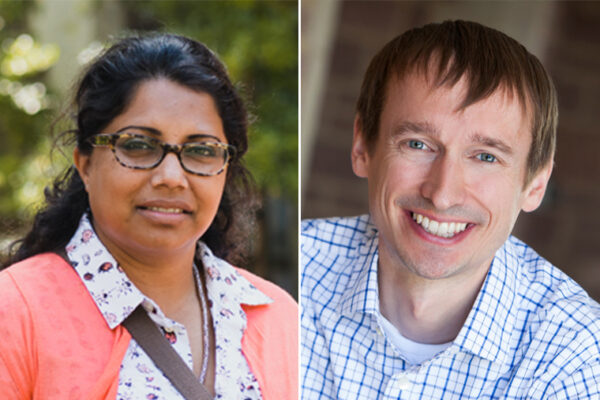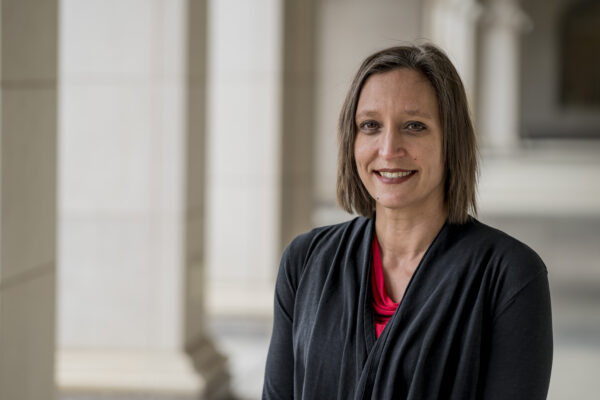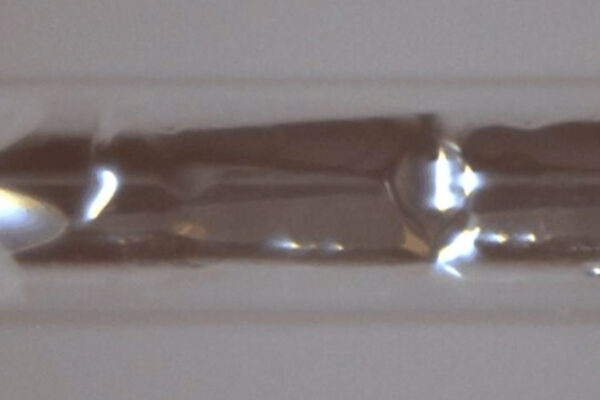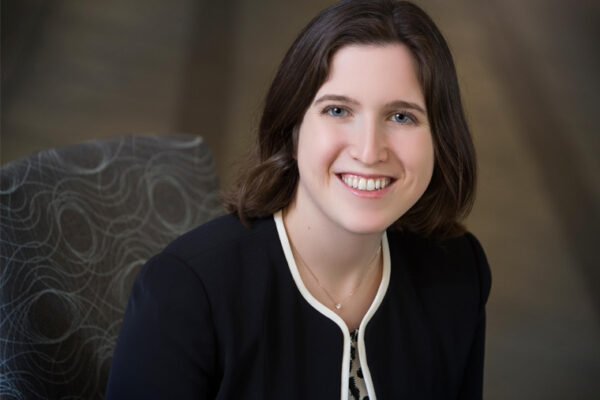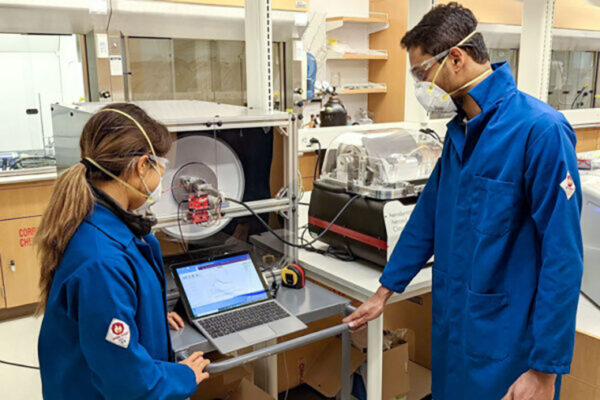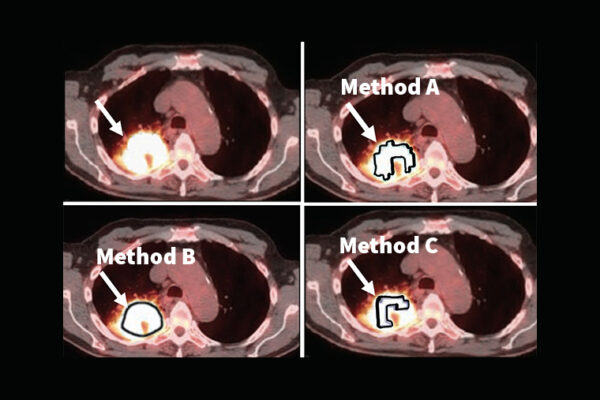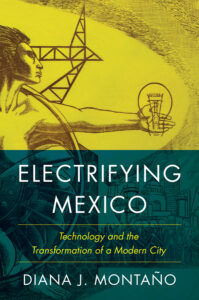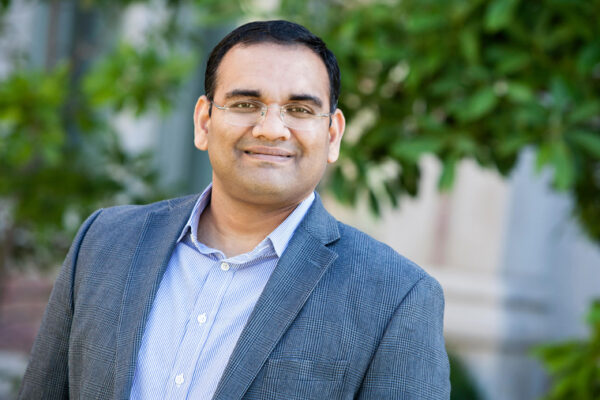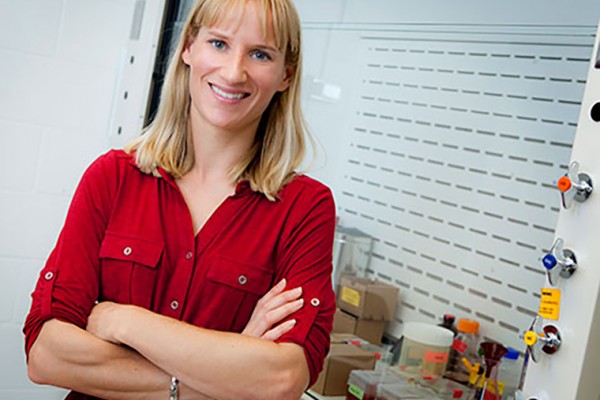Bose, Meacham receive Defense Department grant
The Department of Defense has awarded Mark Meacham and Arpita Bose a three-year $600,000 grant. The researchers will work to understand extracellular electron uptake in bacteria.
Megan Flake: Keeping engineering labs running during the pandemic
McKelvey School of Engineering labs couldn’t shut down due to COVID-19. Megan Flake kept them running smoothly while research was on hold.
Bai lab develops stable, efficient, anode-free sodium battery
The lab of Peng Bai has developed a stable, anode-free sodium ion battery that is highly efficient, will be less expensive and is significantly smaller than a traditional lithium ion battery.
Parker receives geochemistry association award
Kimberly Parker, assistant professor at the McKelvey School of Engineering, received an award for young promising geochemists from the International Association of GeoChemistry.
Washington University researchers to design detectors of airborne SARS-CoV-2
A team of researchers at Washington University is developing devices to detect the virus that causes COVID-19 in the air.
Jha to develop imaging methods with $1.8M NIH grant
Abhinav Jha, assistant professor at the McKelvey School of Engineering, has received a four-year $1.83 million grant from the National Institutes of Health (NIH). He will develop a new framework to evaluate quantitative imaging methods and help doctors make better decisions.
Electrifying Mexico
Technology and the Transformation of a Modern City
Many visitors to Mexico City’s 1886 Electricity Exposition were amazed by their experience of the event, which included magnetic devices, electronic printers, and a banquet of light. It was both technological spectacle and political messaging, for speeches at the event lauded President Porfirio Díaz and bound such progress to his vision of a modern order. […]
Keeping hackers at bay
As we become more reliant on technology that interacts with the physical world — self-driving cars, delivery drones, medical equipment — we need researchers like Ning Zhang to help keep us a step ahead of the hackers.
Ramani lab awarded grant to update power plants
The U.S. Department of Energy has awarded Vijay Ramani and co-investigators $500,000 to integrate batteries designed in the Ramani lab into power plants.
Wagenseil receives grant for aortic aneurysm research
Jessica Wagenseil, associate professor and vice dean for faculty advancement at the McKelvey School of Engineering, has received a two-year $100,000 grant from the Marfan Foundation for a project titled “Targeting elastic fiber degradation in thoracic aortic aneurysms.”
Older Stories
